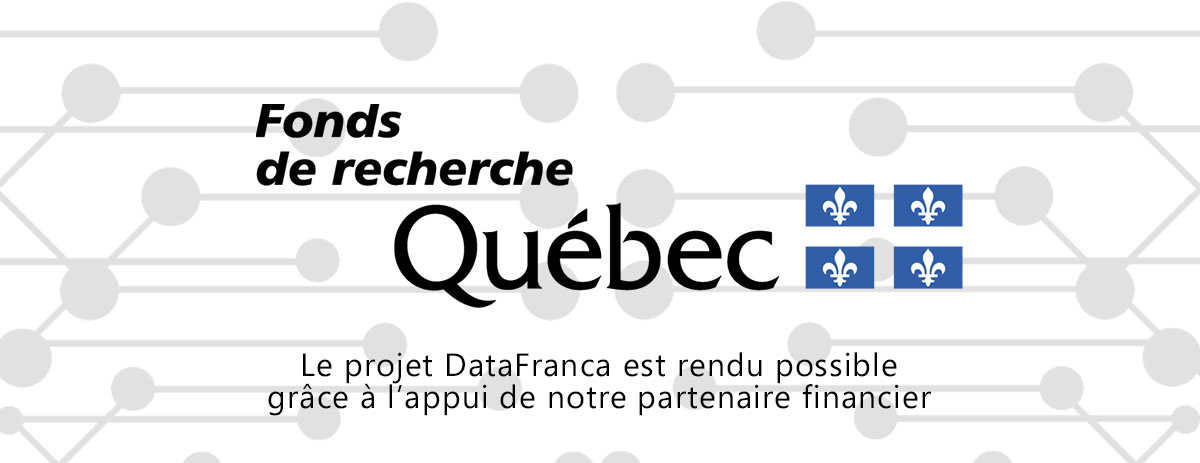« Processus de décision markovien » : différence entre les versions
m (Remplacement de texte — « Termes privilégiés » par « Français ») |
(Nouveau terme) Balise : Éditeur de wikicode 2017 |
||
| Ligne 4 : | Ligne 4 : | ||
== Définition == | == Définition == | ||
En intelligence artificielle, un processus de décision markovien (PDM) | |||
== Français == | == Français == | ||
<h3> | |||
<poll> Choisissez parmi ces termes proposés : | |||
processus de décision de Markov | |||
processus de décision markovien | |||
</poll> | |||
</h3> | |||
<h3>Discussion:</h3> Pour le moment, le terme privilégié est «processus de décision markovien». <br>" | |||
Version du 7 mai 2019 à 15:32
Domaine
Définition
En intelligence artificielle, un processus de décision markovien (PDM)
Français
<poll> Choisissez parmi ces termes proposés : processus de décision de Markov processus de décision markovien </poll>
Discussion:
Pour le moment, le terme privilégié est «processus de décision markovien».
"
Anglais
Markov decision process
Markov decision processes (MDPs) provide a mathematical framework for modeling decision making in situations where outcomes are partly random and partly under the control of a decision maker. MDPs are useful for studying a wide range of optimization problems solved via dynamic programming and reinforcement learning. MDPs were known at least as early as the 1950s (cf. Bellman 1957); a core body of research on Markov decision processes resulted from Ronald A. Howard's book published in 1960, Dynamic Programming and Markov Processes.[1] They are used in a wide area of disciplines, including robotics, automatic control, economics, and manufacturing.
More precisely, a Markov decision process is a discrete time stochastic control process. At each time step, the process is in some state s {\displaystyle s} s, and the decision maker may choose any action a {\displaystyle a} a that is available in state s {\displaystyle s} s. The process responds at the next time step by randomly moving into a new state s ′ {\displaystyle s'} s', and giving the decision maker a corresponding reward R a ( s , s ′ ) {\displaystyle R_{a}(s,s')} R_a(s,s').
Contributeurs: Claude Coulombe, Jacques Barolet, wiki










